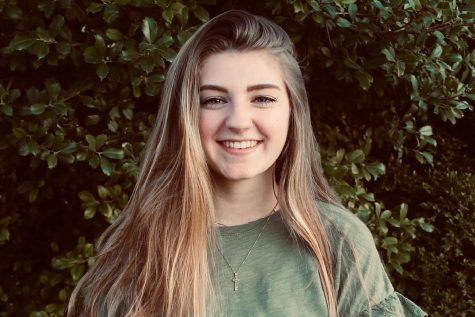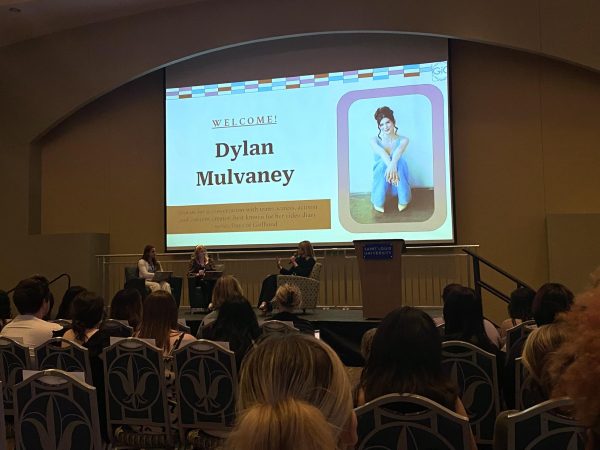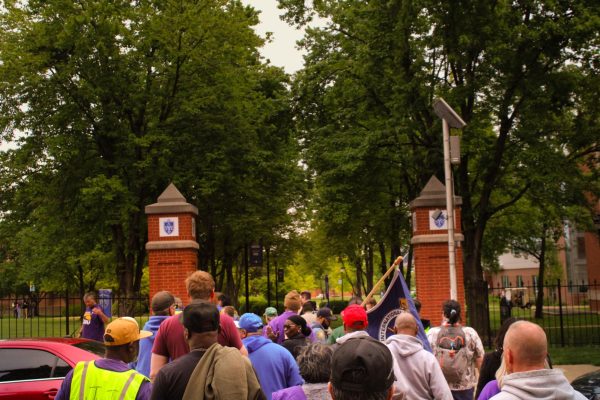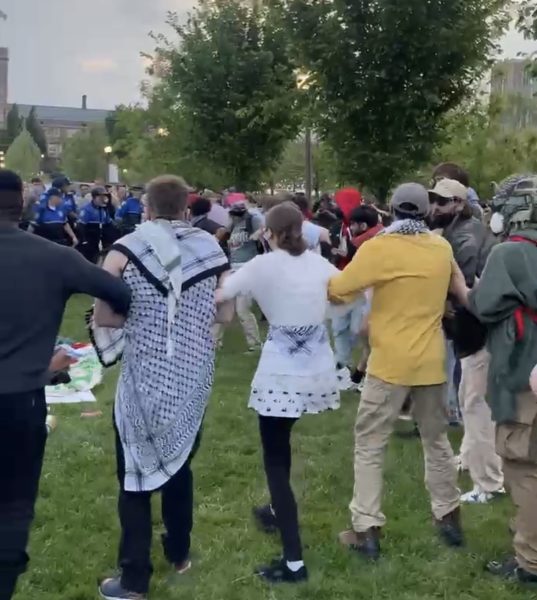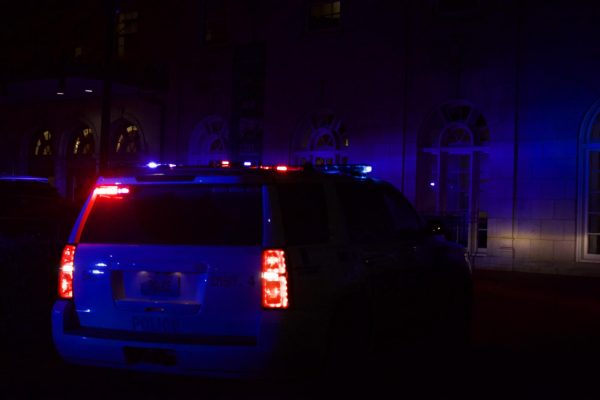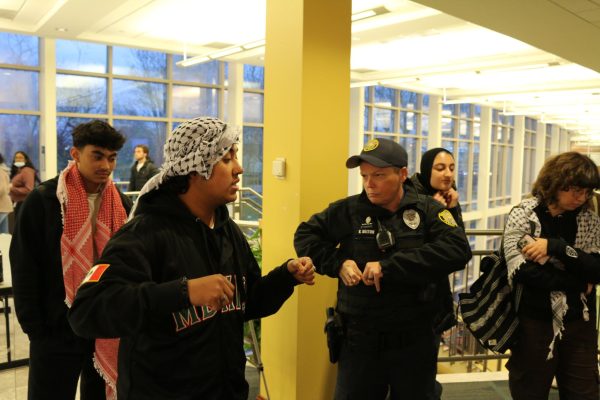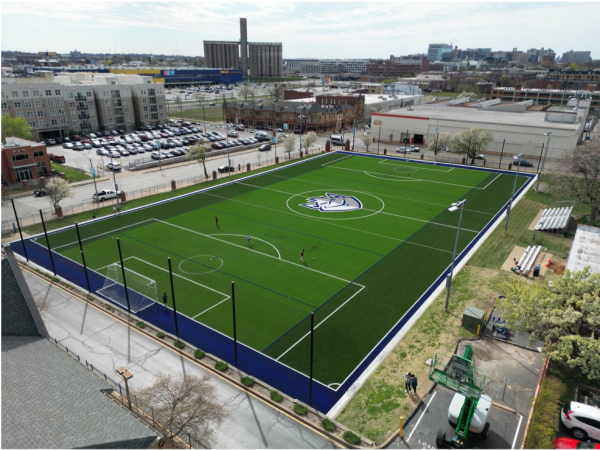SLU Cannabis Program Set to Begin in the Fall
When registration for the 2020-2021 school year opened for SLU students, many were surprised to find a program called Cannabis Science and Operations on the drop-down list of courses.
“I was trying to plan my courses for next semester when I stumbled upon a new department/certification called ‘Cannabis Science and Operations’. I have a minor in Catholic Studies, so the two were alphabetized next to each other,” said freshman Clarissa Emanuel about the classes.
Stacy Godlewski, the director of the Cannabis Science and Operations program, answered the University News’ most pressing questions about it.
The 16-credit hour course is set to begin in August 2020, with registration currently open. The idea to create this program was originally formed by BeLeaf Co., a Missouri non-profit facility that processes and dispenses CBD to the St. Louis area. BeLeaf Co. connected with SLU’s School for Professional Studies (SPS) to discuss the educational needs of the industry, thus establishing a program at SLU, Godlewski explained.
Yet, some students question how the courses will work in a practical sense. “All these ethical and moral questions started to flood my mind,” said Emanuel. “How does it align with our mission and foundation as a Catholic, Jesuit university? Even if SLU wanted the position themselves to aid in the therapeutic and medicinal use of the drug, we’re ten minutes away from a state where recreational marijuana is legal.”
Although, on Dec. 5, 2018, medical marijuana became legal in the state of Missouri. Despite becoming completely legalized in its close neighbor state, Illinois, recreational marijuana remains illegal in Missouri, meaning the SLU classes will only teach in terms of medical cannabis sciences.
On this topic, Godlewski states, “Medical cannabis manufacturing and dispensary licenses were awarded by the state in December 2019-January 2020; 70 of which were awarded in the St. Louis metropolitan area.” The SPS program will prepare individuals for each part of the medical cannabis field, including cultivation, manufacturing, distribution, transportation and administration.
Seeing as this course would be the first of its kind in the St. Louis region, the question remains: why did SLU see the need for a course on cannabis?
Godlewski believes that the cannabis certificate will be a beneficial response to the growing need for medical marijuana, as well as for the growing industry of cannabis production. On top of this, she states “it encourages practices that value intellectual inquiry and the free exchange of ideas regarding CBD and medicinal marijuana.”
As for the details of the program, the courses will be online-only and will be taught by industry professionals and experienced SLU faculty. The classes will address the cannabis production and cultivation, as well as the pharmacological properties and effectiveness of marijuana in treating patients. Despite being an online course, Godlewski states that the certificate will include hands-on experience like “internships and visits to facilities involved in each facet of the cannabis industry.”
Godlewski and the SPS believe that the practicality of this course is imminent and significant. They hope that with the application of this program, not only will the graduates benefit with available jobs, but also the city.
“By 2025, the medicinal cannabis industry is expected to be a $150 billion-dollar industry. St. Louis dispensaries are already seeking educated employees to meet resource demands and sustain the industry. This is not only a growing trend we are seeing in St. Louis but across the country as well,” she said.
By utilizing the SPS’s focus of online education, Godlewski argues, SLU is making quality education accessible to many students who do not have the luxury of coming to campus. Offering this program online at a reduced rate will allow students anywhere to become well-versed and educated in the field of cannabis sciences.
For Emanuel, like many Catholic students, one problem remains.
“It’s [about] whether we want to both compromise our university mission and go directly against the Catholic Church to offer [the courses],” she said. “This may seem like a bold claim, but as people of faith and justice, we are called to be countercultural.”
Still, Godlewski looks forward to the future of the Cannabis Science and Operations program, particularly how it will fulfill the Jesuit mission.
“The Cannabis Science & Operations Certificate aligns with the University’s mission of providing education grounded in Jesuit values, preparing students to make a positive impact on the world, and linking the University to local and national communities,” Godlewski concluded.
For more information, students may contact the director of the program at [email protected], or go to the Cannabis Science and Operations home page.
Your donation will support the student journalists of Saint Louis University. Your contribution will help us cover our annual website hosting costs.
